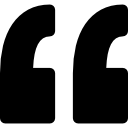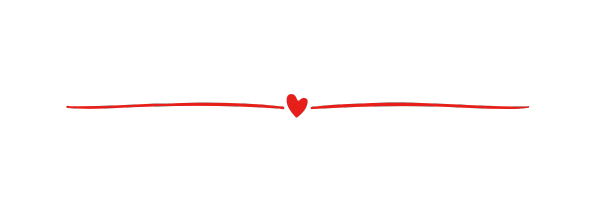Anybody can write. Every child can read.
for

Anybody can write. Every child can read.

for
(The initial goal was to work with 100 kids at one location.)
The project soon grew to 100 locations and was replicated in the city of New Delhi. After reaching over 200 locations across India, we hit a major point of failure. The cost of storybooks and the sheer number of children in adversity who needed access, even in a single city meant our efforts would soon become unsustainable.
It was another matter that the stories within most books were often —let us say, could be better (we are pulling a punch here). In 2019 a team at Google — Adrian & Clara Westaway launched Google Paper, an experiment to bridge the virtual and real world.
It was another matter that the stories within most books were often —let us say, could be better (we are pulling a punch here). In 2019 a team at Google — Adrian & Clara Westaway launched Google Paper, an experiment to bridge the virtual and real world.
We realized that the fundamental building block of a book is a single sheet of paper (aha!) and the fundamental building block in publishing, an eight-page layout has remained unchanged since the ancient Chinese invented it in the Heian period.
wallobooks.org began in 2014 as an experiment to give children in the sprawling city of Calcutta, access to storybooks.


This inspired us.
This is what we set out to do.
What if the children we worked with could make their own storybooks?
(That would mean that a storybook will cost nothing.)
And, what if people around the world gather to write for the children?
Would that mean a storybook that is more human, and connected with the world children are growing up in?

wallobooks.org began in 2014 as an experiment to give children in the sprawling city of Calcutta, access to storybooks.

(The initial goal was to work with 100 kids at one location.)
The project soon grew to 100 locations and was replicated in the city of New Delhi. After reaching over 200 locations across India, we hit a major point of failure. The cost of storybooks and the sheer number of children in adversity who needed access, even in a single city meant our efforts would soon become unsustainable.
It was another matter that the stories within most books were often —let us say, could be better (we are pulling a punch here). In 2019 a team at Google — Adrian & Clara Westaway launched Google Paper, an experiment to bridge the virtual and real world.
It was another matter that the stories within most books were often —let us say, could be better (we are pulling a punch here). In 2019 a team at Google — Adrian & Clara Westaway launched Google Paper, an experiment to bridge the virtual and real world.
The fundamental building block of a book is a single sheet of paper (aha!).
The fundamental building block in publishing, an eight-page layout has remained unchanged since the ancient Chinese invented it in the Heian period.
The fundamental building block in publishing, an eight-page layout has remained unchanged since the ancient Chinese invented it in the Heian period.

This inspired us.
This is what we set out to do.
What if the children we worked with could make their own storybooks?
(That would mean that a storybook will cost nothing.)
And, what if people around the world gather to write for the children?
Would that mean a storybook that is more human, and connected with the world children are growing up in?

Our anthem recited by Dibya Raj Mukhia, rhythm guitarist at Gingerfeet. If you want to support our work, drop your email here.

